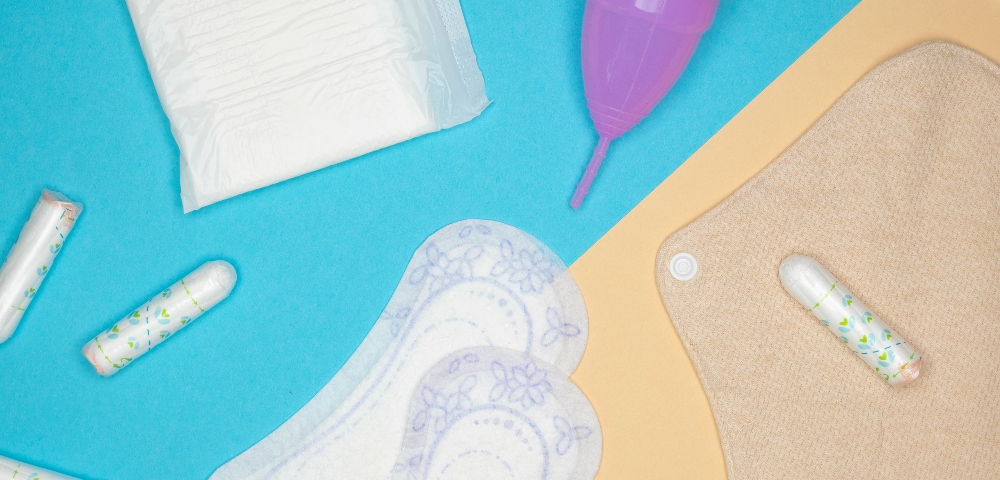
HIV gel hope
A microbe-killing gel for use during vaginal sex developed by the Centre for the AIDS Programme of Research in South Africa (CAPRISA) has been praised by experts at the 18th International AIDS Conference in Vienna as a breakthrough that may lead to similar products being developed for use during anal sex.
The gel contains 1 percent of the antiretroviral drug Tenofovir and was found to reduce a woman’s risk of being infected with HIV during vaginal intercourse by 39 percent, as well as being 51 percent effective in reducing her risk of catching genital herpes.
The more the women in the trial used the gel, the greater the protective effect, with women who used it in 80 percent of sex acts more than halving their chances of becoming infected with HIV.
The results were cheered by members of the International Rectal Microbicide Advocates (IRMA) group, a network of people trying to develop an effective anal microbicide for use in combating HIV.
“The positive results from the CAPRISA 004 study represent a very significant milestone in HIV prevention research and they increase optimism that we can develop safe and effective antiretroviral rectal microbicides,” IRMA’s scientific vice-chair Dr Ian McGowan said.
Dr McGowan said anal intercourse was a common human sexual behaviour, practiced by up to 10 percent of the world’s population, including both heterosexuals and men who have sex with men.
“As with vaginal microbicides, safe and effective rectal microbicides are urgently needed by millions of people,” he said.
Unprotected anal intercourse is said to be 10 to 20 times more likely to result in HIV transmission compared to unprotected vaginal intercourse, because of the thin and porous nature of the rectal lining.
IRMA chair Jim Pickett said internationally, gay men and others who practiced anal intercourse had been largely ignored.









